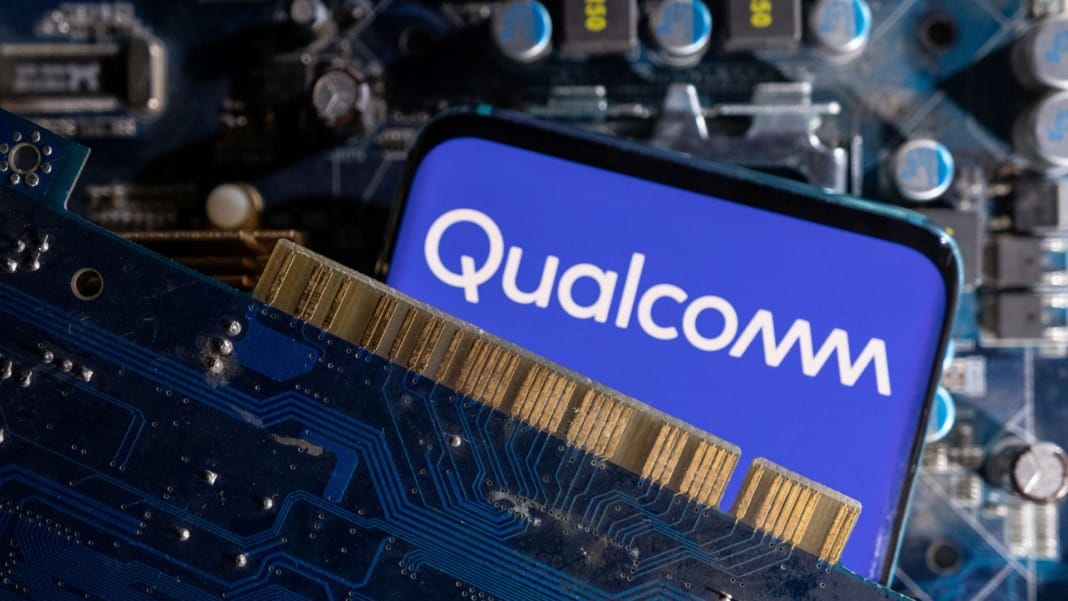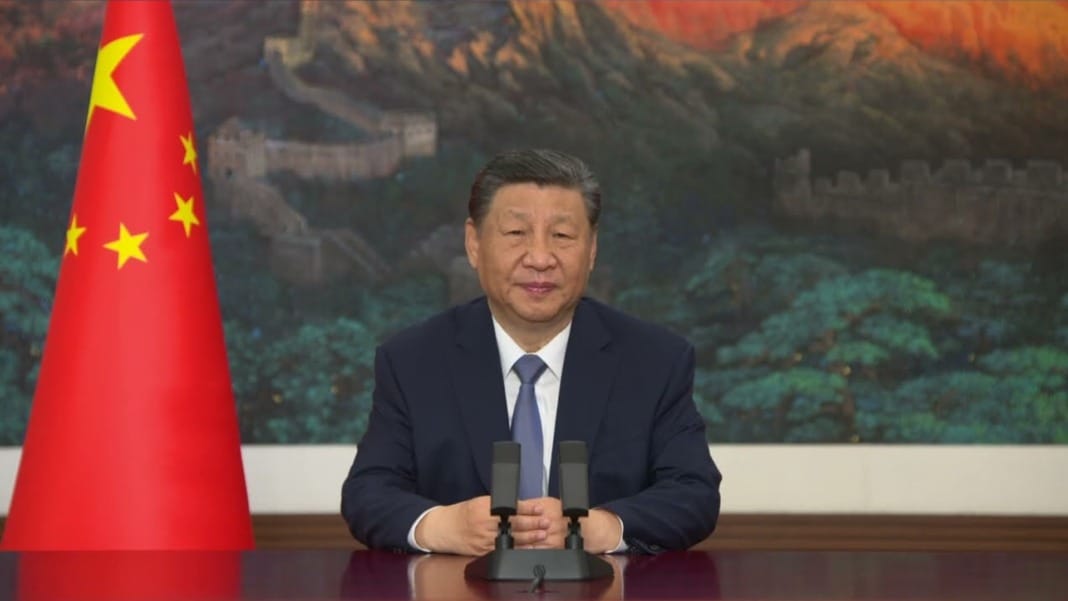Qualcomm has expressed optimism about President-elect Donald Trump’s incoming administration, stating that proposed US tariffs on Chinese imports are unlikely to harm its business operations. The San Diego-based chipmaker, which earns nearly half its revenue from China, shared its outlook during an investor event in New York on Tuesday.
The company unveiled ambitious growth projections, estimating combined revenue of US$22 billion over the next five years from products such as automotive chips, laptops, and other devices outside its core smartphone chip business. This represents a sharp increase from its latest fiscal results.
Confident in US-China relations
During the event, the head of Qualcomm’s technology licensing business, Alex Rogers, noted that the company enjoyed a “great relationship” with Trump’s previous administration. That relationship proved pivotal when a hostile takeover bid by rival Broadcom was blocked.
“We expect a good relationship going forward,” Rogers said. “We’re very positive on the recent pick for Commerce Secretary and expect continued engagement, as we had with the past administration.” He referred to Trump’s likely nomination of Howard Lutnick for the role.

Qualcomm’s Chief Executive, Cristiano Amon, echoed Rogers’ sentiment, dismissing concerns over potential challenges in China. Despite the Trump administration’s proposal of steep tariffs on Chinese imports, Amon pointed out that the last round did not negatively impact Qualcomm’s operations. He highlighted how the company has deepened partnerships with Chinese firms, particularly in industries beyond smartphones, such as automotive technology.
“As geopolitics took centre stage in US-China relations, our collaborations with China expanded,” Amon said. Chinese companies have been purchasing Qualcomm’s automotive chips, boosting the company’s presence in that market.
Diversifying beyond smartphones
Qualcomm’s efforts to diversify its revenue streams are paying off. The company is working with General Motors to supply chips for vehicle dashboards and driver-assistance systems. It has also partnered with Microsoft and PC manufacturers to compete against Intel and AMD in the laptop market.
Despite these advancements, Qualcomm’s smartphone business remains its mainstay, generating US$24.86 billion out of its US$39.96 billion in total revenue for fiscal 2024, which ended on September 29. Major customers like Apple, Samsung, and Xiaomi contributed over half of the company’s overall revenue.
However, Qualcomm is preparing for Apple’s gradual transition to in-house wireless modem chips. Akash Palkhiwala, the company’s finance chief, assured investors that growth in newer categories, such as automotive and PC chips, would compensate for losses from reduced Apple sales.
“This growth in annual revenue far exceeds the scale of the Apple chipset business today,” Palkhiwala stated.
Bright future in emerging markets
Qualcomm outlined ambitious revenue targets across several emerging categories:
- Automotive chips: US$8 billion by fiscal 2029.
- PC chips: US$4 billion.
- Augmented and mixed-reality headsets: US$2 billion, with products from Meta Platforms already using Qualcomm chips.
- Industrial and IoT chips: US$8 billion combined, spanning applications such as factory connectivity, wireless headphones, and smart home gadgets.
The company acknowledged a shortfall in its IoT segment for fiscal 2024, which reported US$5.4 billion in revenue compared to a forecast of US$9 billion made in 2021.
Qualcomm’s stock has risen 13.7 per cent this year, trailing the Nasdaq Composite’s 25 per cent increase. As the world’s leading supplier of mobile phone chips, Qualcomm remains focused on reducing its reliance on smartphones while building a strong foundation in other high-growth markets.





